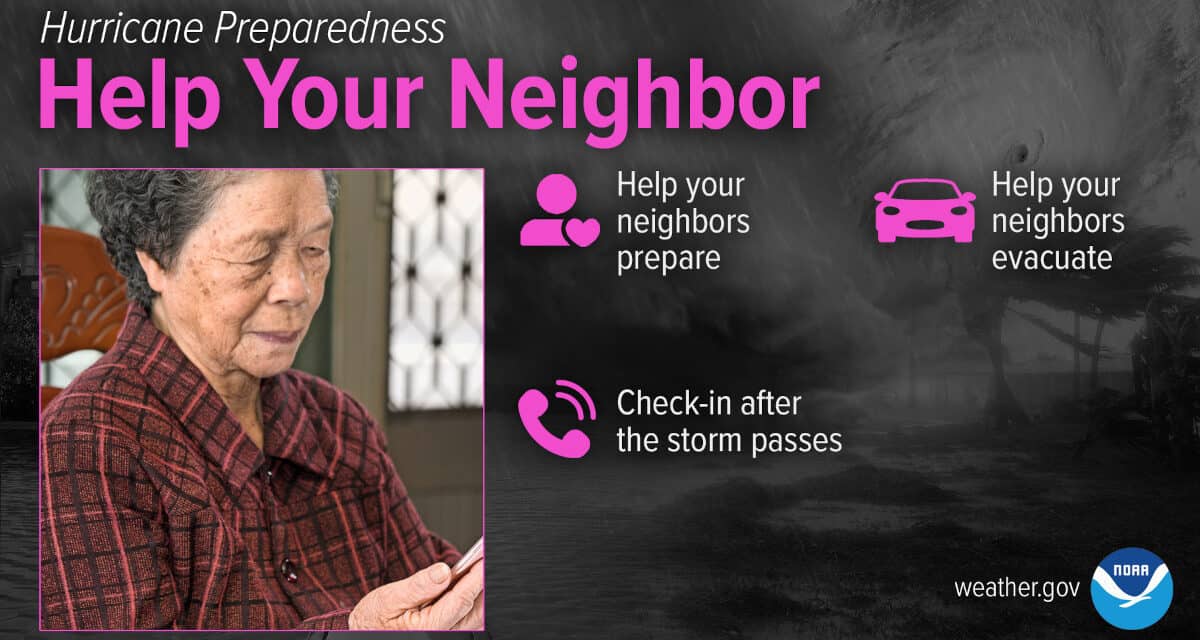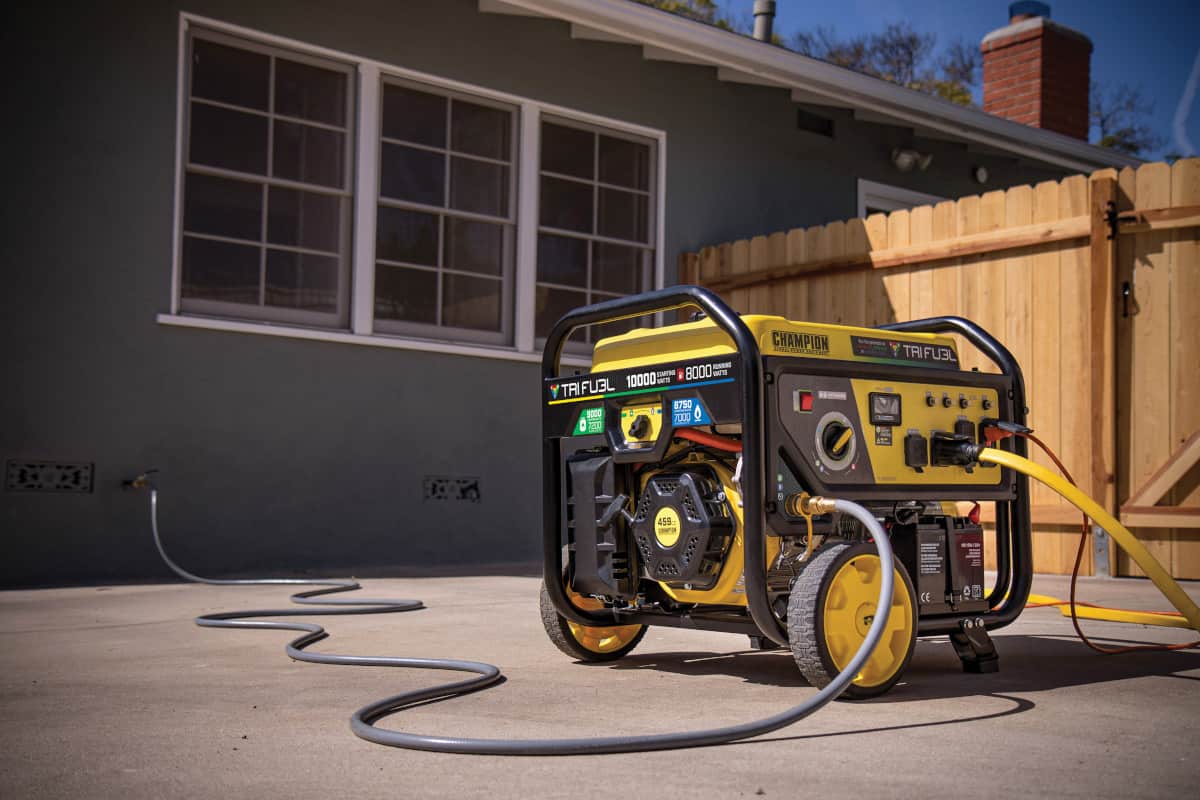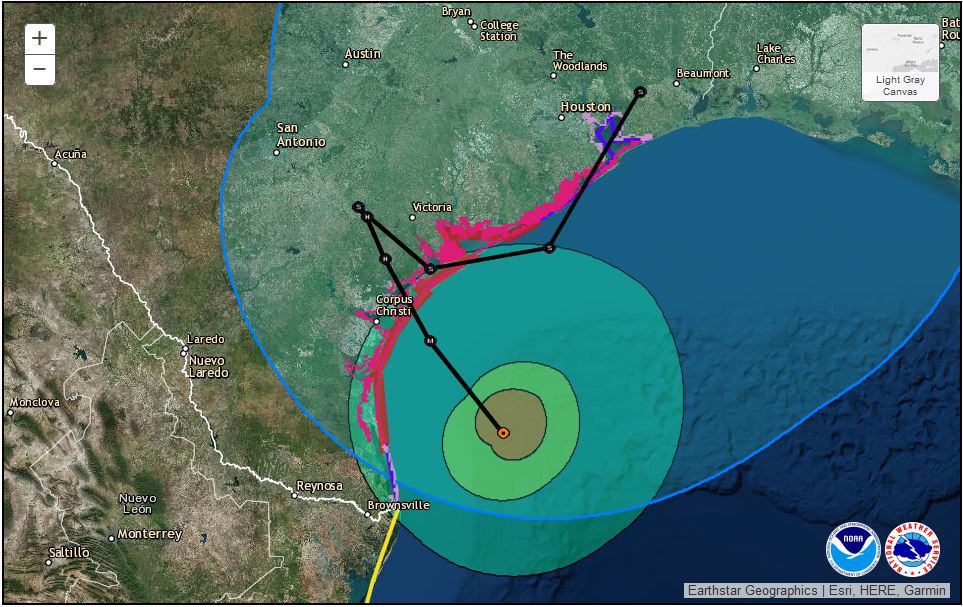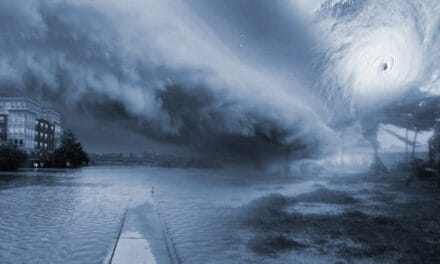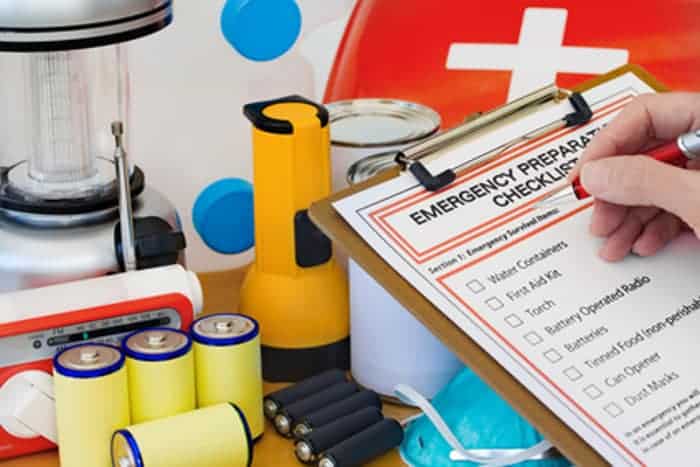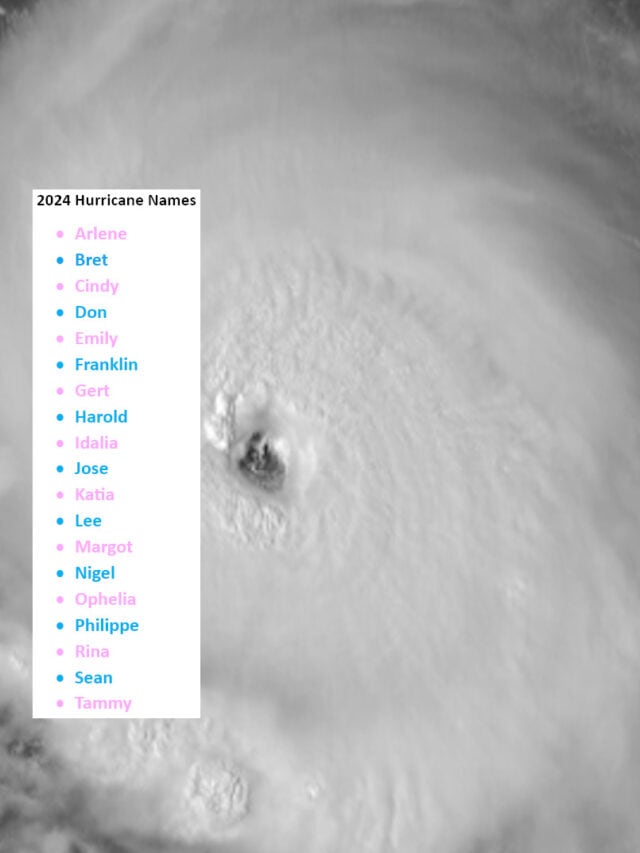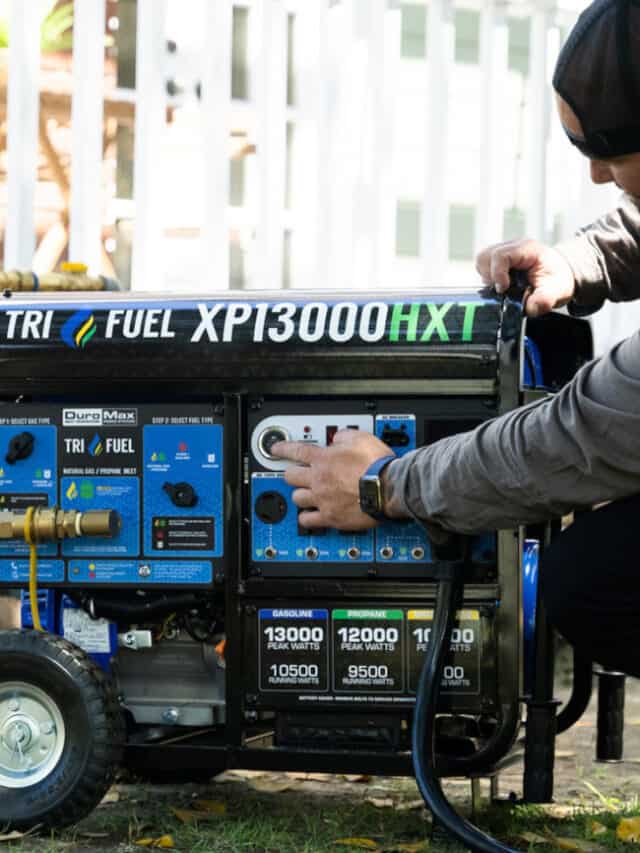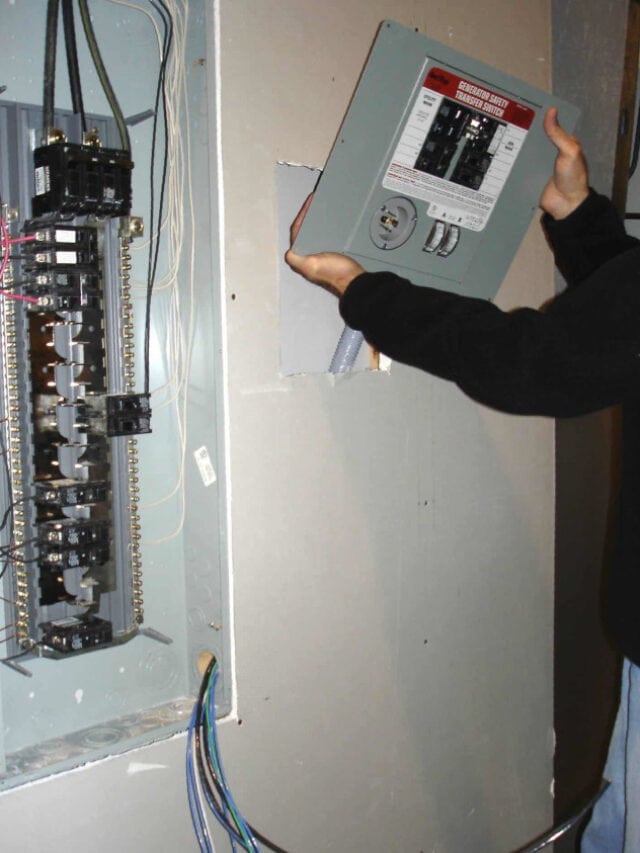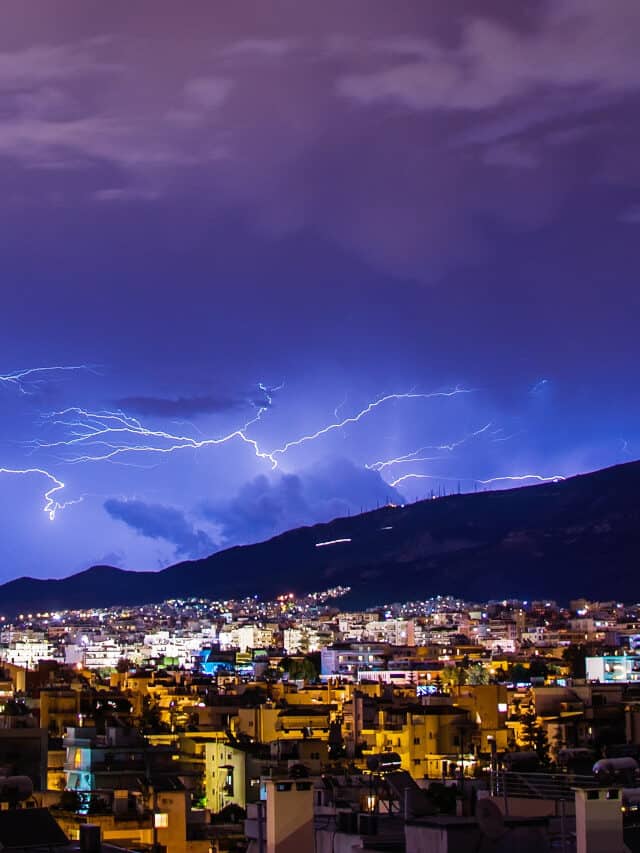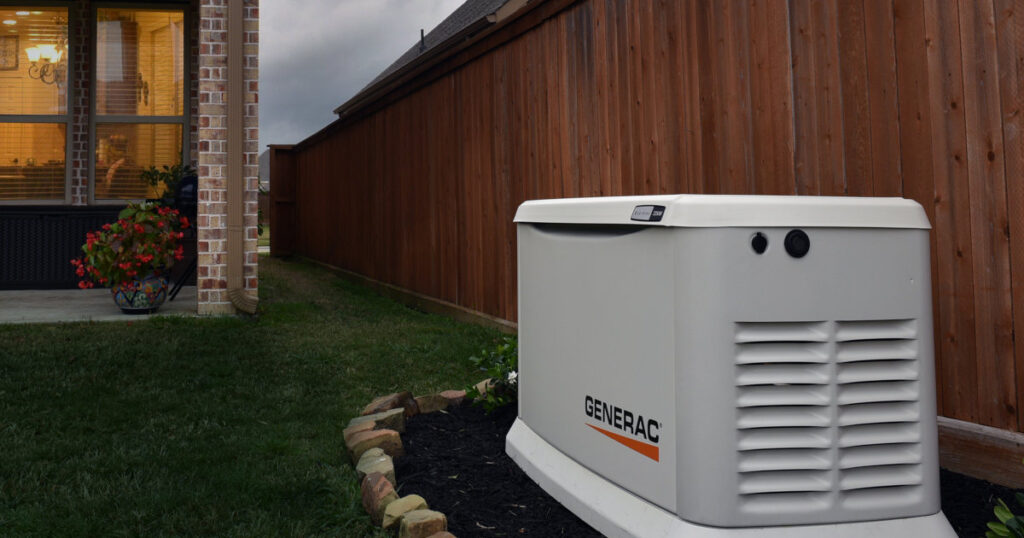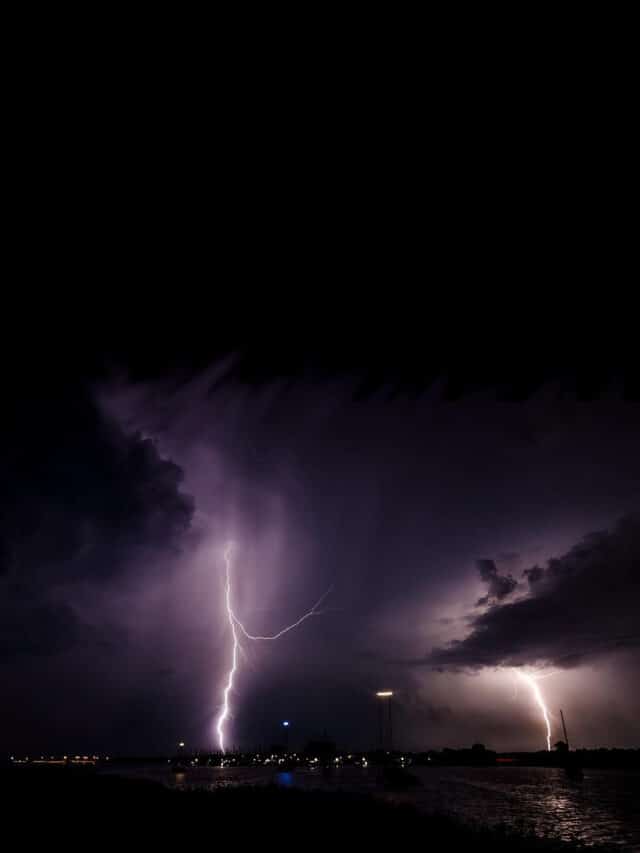Sooner or later, we all need help. Help your neighbors prepare for hurricane season. If the time comes to evacuate, help them get out safely. After the storm has passed, check in to make sure they are okay and have what they need. Image by NOAA.
Many of Your Neighbors don’t Hurricane Prep—How Does that Affect You?
Every year during Hurricane Preparedness Week, Norwall follows the National Oceanic & Atmospheric Administration Campaign with content and advice on Hurricane Preparedness. It’s all part of the concept that neighbors should help their neighbors.
Some might ask, how does helping or not helping my neighbors affect me?
Good question and one we will cover here.
Automatic Standby Generators for Hurricane Outages
If you live on the East Coast or Gulf Coast, you’re at risk for a hurricane or tropical storm. It only takes one tropical cyclone close to home to turn your season into an active season. Your home, your neighborhood, and your community might need years to recover. If your home is the only home that survives intact, how will the losses of your neighbor and community affect you?
The simple fact is, many people don’t prepare for hurricanes or tropical storms. They don’t have supplies or a plan. When a storm heads their way, they rush around trying to prepare. Some will buy much more than they need to the point of hoarding items that later may end up in the trash. Meanwhile, others do without.
Need to Know: Standby Generator vs Portable
Some people try to take advantage of the situation. They buy up all the bottled water and then try to gouge people who don’t have enough. If you think about it, the people who did not prepare enabled the people doing the gouging by not preparing in advance. That doesn’t make gouging right—but it is taking advantage of someone else’s lack of preparation.
Hurricane Preparedness
- Hurricane Hazards and Risk Factors
- Make a Hurricane Evacuation Plan
- Hurricane Preparedness Kits and Supplies
- Hurricane Insurance Checkup and Updates
- Prepare Your Home for Hurricanes
- Help Neighbors with Hurricane Preparedness
- Complete Your Hurricane Preparedness Plan
- Emergency Preparedness Tips
- How to Prepare for a Power Outage
- 10 Tips to Survive a Hurricane Disaster
- FEMA Recommends a Generator
- Hurricane Disaster Preparedness
Which Neighbors Need Help?
If a hurricane formed and forecasters predicted a landfall in two days, how long would it take residents to empty grocery store shelves?
Not very long. In some cases, it would only take hours. Local home centers and lumberyards would sell out all the materials needed to board up houses. Lumberyards, hardware stores, and big box chains would sell every portable generator in stock.
How Long Does a Refrigerator Stay Cold in a Power Outage
Awareness campaigns on social media highlight the elderly and sometimes the disabled. But they are not the only group that needs help. Everyone should prepare, and they should do it every year. Emergency preparedness, including hurricane preparedness, makes good sense. If you’re always prepared, staying current isn’t hard at all.
Talk to your neighbors and get to know them well enough to at least to say hello and ask how they are. Most people know they will rely on neighbors following a disaster. Even more people find themselves accepting or asking for help.
When you’re saying hello, start a conversation about hurricane preparedness.
“Did you see those posts on Facebook that we have another crazy hurricane season coming? We’re following the advice and getting our supplies and plans together.”
Even mentioning the social media posts will prompt some to start preparations. Then you can share information and together, talk to others about getting ready.
Many in a community will contribute to food pantries and donate supplies or clothing. Why not make sure your elderly, disabled, or less advantaged family has a three to seven-day supply of food and water when a hurricane threatens? Help them put up window and door coverings and store outdoor items indoors.
It won’t just make you feel good, it can lessen the damage on your own home.
When the house across the street loses its roof because the garage door lacked reinforcement, the debris could damage your house in a way that allows the hurricane to do even more damage. The lawn furniture and BBQ grill you help your neighbor put away won’t hit your house at 100 MPH and create an opening for the wind to enter and lift your own roof off.
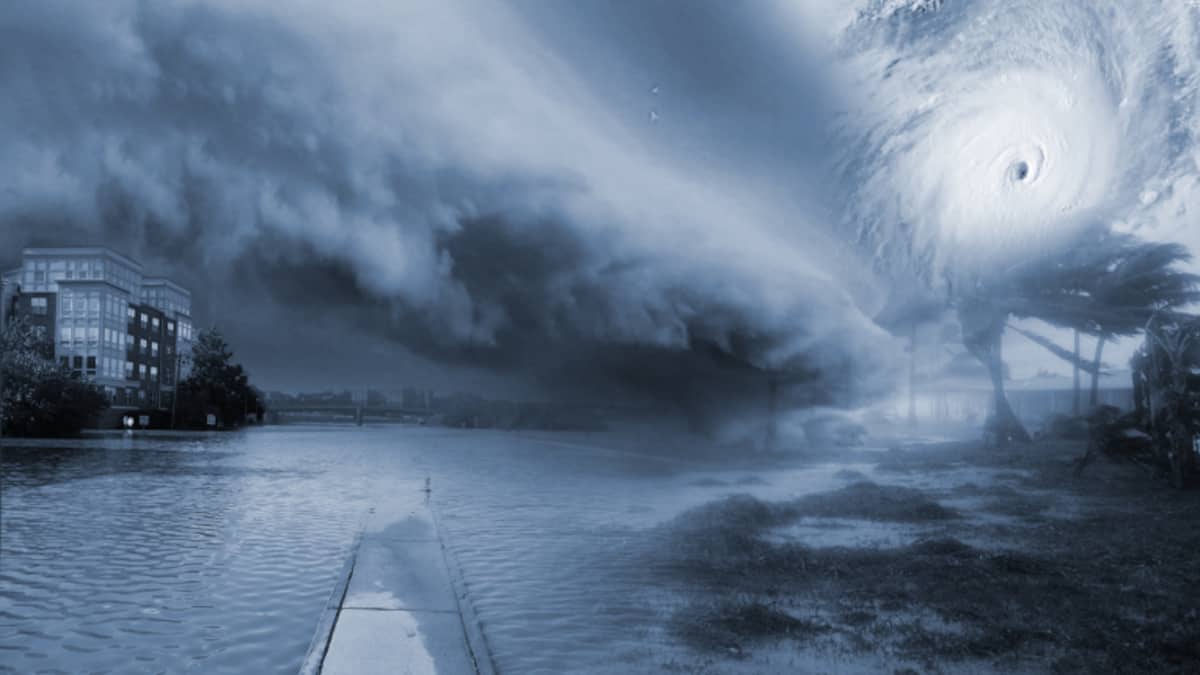
What You Can Do
Even though a number of storms hit the United States every year, the frequency varies. People hear the same places over and over and begin to think they are safe from hurricanes. Florida. New Orleans. Louisiana. Texas. South Carolina. All familiar names when it comes to hurricanes.
You hear people say, “It’s only a Cat 1,” or “Just a tropical storm,” or “We’re outside the cone” and “I’m not worried.”
Tropical storms and Cat 1 Hurricanes kill people every year and flood wide swaths of land. Outside the cone has no meaning because the cone doesn’t predict the size of the storm.
Safe Portable Generator to House Connections
We see comments on social media all the time. They’re over reacting. It’s just a tropical storm. It won’t hit us. It’s a weak storm. It’s a small storm. Justifying their jobs by scaring people over a Cat 1. Why are they telling us about a storm way over there that won’t hit us for a week?
Bottom line, some people will prepare, others won’t. If a hurricane doesn’t strike their area that year, the following year, less people take the time to prepare. It’s more human nature than anything else. With everyday worries, no one wants to add another worry to the list.
As good as social media is for getting out the word, it also hinders in areas that count a lot—like preparing ahead of the season.
It doesn’t take a lot to make a difference. Help get the message out. Answer questions and remind people that a changing climate currently means a greater possibility that a storm might head your way. Mention how much water a family needs to store—a gallon per day, per person. Non-perishable food. Personal hygiene supplies.
4 Ways to Keep the Power On—Backup Power Options
Certainly, a few will say they can’t afford to stock up for an emergency or that the Red Cross will be there after the storm. Point out that the Red Cross will show up, but they may not get to you for three days or more. It doesn’t have to cost a lot to stock up on food or water. Canned foods are relatively inexpensive. Buying an extra can a week won’t cost that much more. Once the supply is there, they can rotate stored food with new food every week.
If you can, put aside extra food and deliver it the day of the storm if they are not evacuating. Fill empty gallon water bottles and distribute. That’s all it takes.
If your community has an awareness program, take part. If it doesn’t have a program, start one.
Neighbors Helping Neighbors. It’s good for all of us.

